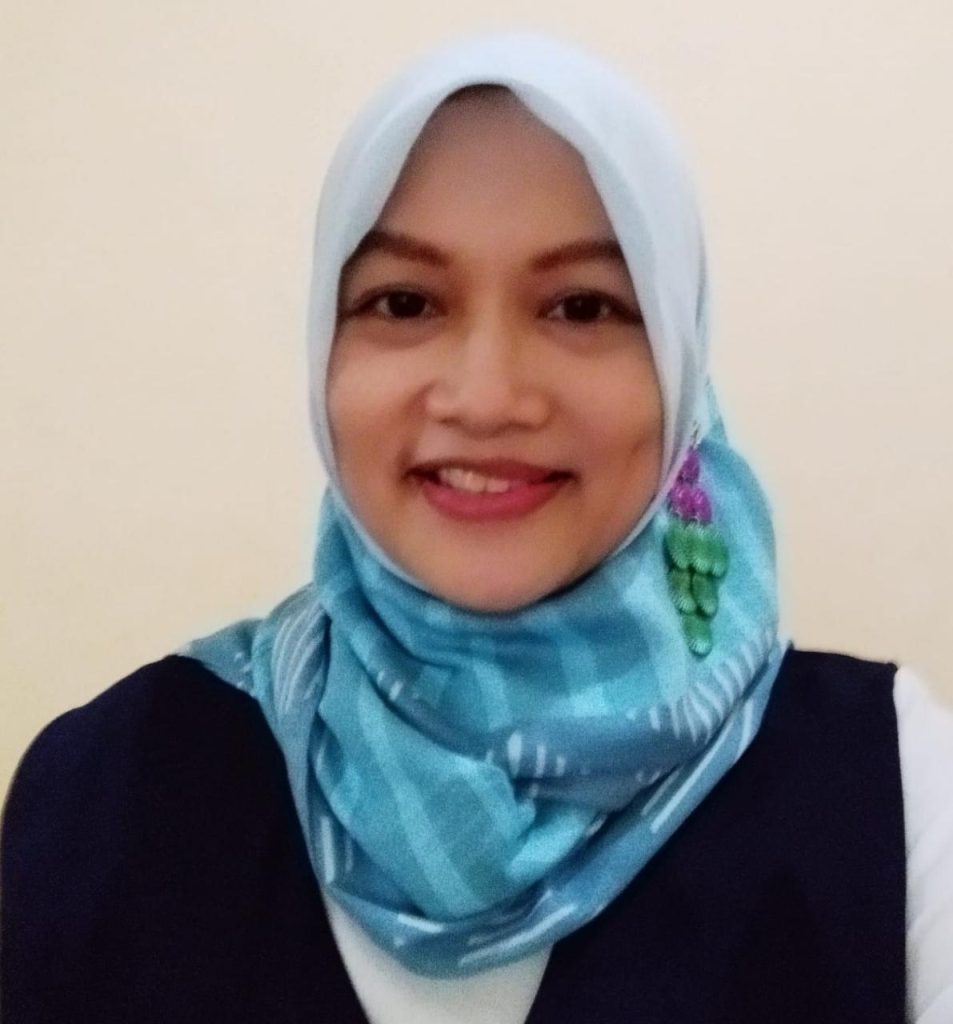
Prof. Dr. Vuong Thanh Son
University of British Columbia Vancouver, Canada
AI Digital Twins for Healthcare and Inner Engineering:
A Perspective
Abstract
The ultimate goal of human beings is to elevate wisdom and sustain good health and happiness,
that can be achieved via inner engineering (IE) and AI Digital Twins,
collectively forming the so-called Internet of Minds (IOM) and
Revolution 5.0.
In this talk, we shall present some ground breaking research in leveraging the AI Digital Twin and inner engineering technologies to transform wisdom and healthcare. The presentation will elucidate the fundamental principles of digital twins, their construction, and their wide-ranging applications. We shall highlight through a case study of diabetes management how digital twins and AI enable personalized development and treatment, predict disease progression, and optimize interventions, ultimately improving personalized outcomes in inner engineering toward enlightenment.

Resista Vikaliana
Logistics Engineering Department, Universitas Pertamina, Indonesia
A Blockchain IoT-based Digital Design for Managing the Clean Biomass
Energy Supply Chain in Urban Waste
Abstract
Jakarta is one of the largest cities in Indonesia. Currently, Jakarta faces a major challenge in managing urban waste, with the volume of waste increasing every year. One potential solution to address this issue is to utilize clean biomass energy derived from organic waste. This study aims to design a digitalization system for managing the clean biomass energy supply chain by utilizing Blockchain and Internet of Things (IoT) technologies. The system design focuses on improving efficiency in the collection, processing, and distribution of biomass energy from urban waste, as well as ensuring transparency and sustainability at every stage of the process.
The method used in this research adopts the Critical Success Factors (CSFs) approach, which aims to identify the key factors that influence the success of this system’s implementation. The CSFs analyzed include the selection of appropriate technology, integration between IoT and Blockchain, and continuous monitoring of system performance. IoT will be used to monitor waste collection and the conversion of organic waste into energy, while Blockchain will serve to record all transactions and data related to the biomass supply chain, providing transparency and security in the distribution of clean energy.
The design resulting from this research is expected to provide a more efficient solution for waste and energy management in Jakarta, reducing dependence on fossil fuels and increasing the contribution of renewable energy in the city’s energy system. This design also emphasizes the mportance of effective monitoring and sustainable implementation of the system to achieve long term sustainability goals. The design resulting from this research is expected to be applicable in other cities similar to Jakarta.
Keywords: supply chain, clean energy biomass, Blockchain IoT, sustainable development

Jung-Il Song
DNA+ Research Center, Changwon National University, 20 Changwondaehak-ro, Uichang-gu, Changwon-si, Republic of Korea
Development of Sustainable Materials Based on Eco-Friendly Resources and Their Advanced Applications
Abstract
As the climate crisis and environmental pollution continue to escalate, intensive research is being conducted across various fields to develop sustainable alternatives. Natural fibers—entirely derived from renewable biological sources—have garnered increasing attention due to their biodegradability, low density, and renewability. In this study, eco-friendly and high-performance composite materials were developed by combining natural fibers with other nature-derived flame-retardant additives. The inherent flammability of natural fibers was significantly reduced through bio-based treatments, and this enhancement in flame retardancy was maintained even when incorporated into composite systems. In addition to flame resistance, extensive mechanical testing demonstrated that the natural fiber-reinforced composites exhibit excellent mechanical properties, confirming their potential for structural applications. These findings suggest that such materials not only offer environmental advantages and carbon footprint reduction, but also provide lightweight, strong, and safe alternatives suitable for applications in sectors such as transportation, where improved fuel efficiency and vibration damping are critical.
Keywords. Natural Fiber Composites, Sustainable Materials, Bio-Based Flame Retardants, Mechanical Properties, Eco-Friendly Engineering Applications
Acknowledgement: This study was supported by the Basic Science Research Program through the National Research Foundation of Korea (NRF) and funded by the Ministry of Science Education (2018R1A6A1A03024509 and 2023R1A2C1006234).